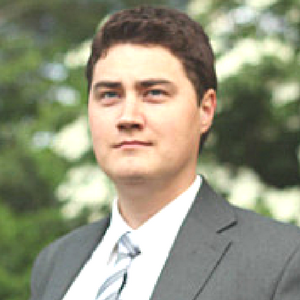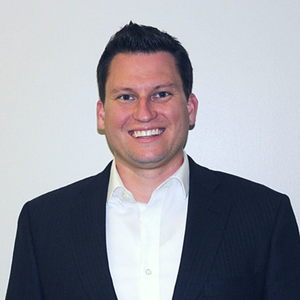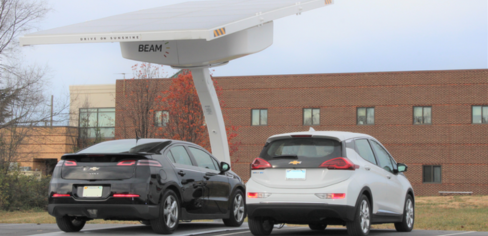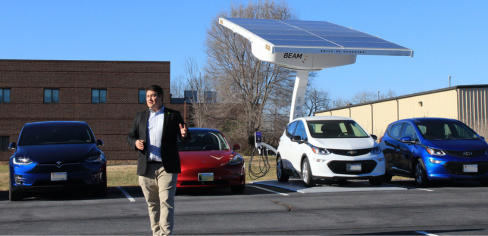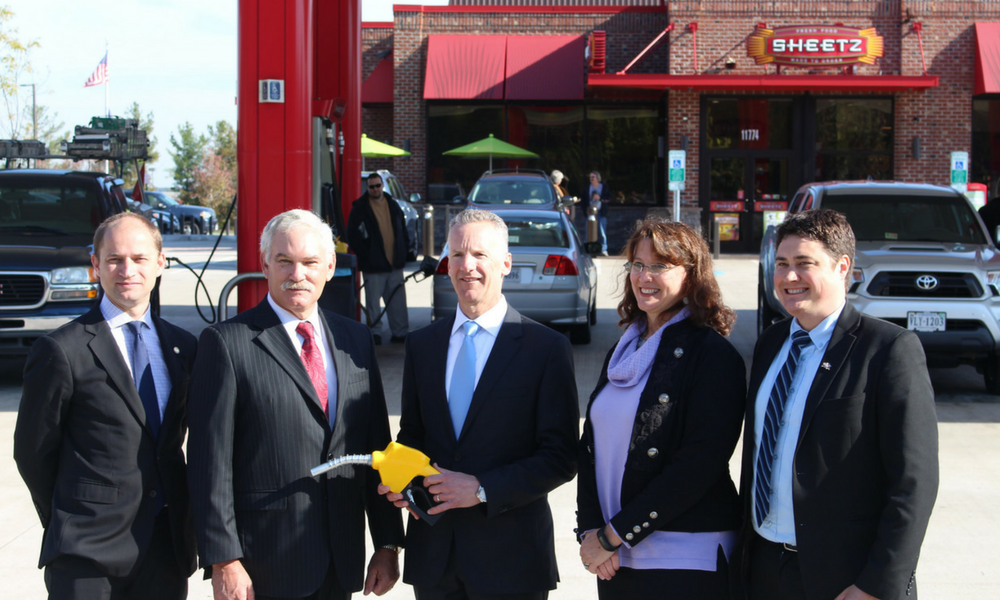 |
| Virginia Clean Cities celebrates new biofuel installation at Sheetz station in Manassas READ MORE |
About the Center
Virginia Clean Cities advances air quality improvement, economic opportunity, and energy security through deployment of alternative fuel vehicles and infrastructure, education programs, and other petroleum reduction activities.
-
The Clean Cities program is sponsored by the U.S. Department of Energy in accordance with the Energy Policy Act of 1992. This legislation’s express intent is to ensure national energy security by reducing dependence on imported petroleum products. The Clean Cities program was chartered to help achieve this objective by promoting alternative fuel use in the transportation sector.
-
Hampton Roads was recognized as a Clean Cities Coalition by the U.S. Department of Energy in 1996. In 2001, the non-profit Virginia Clean Cities, Inc. was created to manage the Coalition. In 2009, Virginia Clean Cities (VCC) formed a partnership with James Madison University enabling both organizations to leverage resources, current initiatives, and future opportunities.
-
VCC draws stakeholders from local, state, and federal agencies; public health and transportation departments; commercial fleets; transit agencies and other government offices; as well as auto manufacturers, car dealers, fuel and equipment suppliers, public utilities, and nonprofit associations.
-
VCC is instrumental in cultivating an advanced transportation community in which people learn about a wide range of options and technologies. In addition, VCC helps create markets for alternative fuel vehicles (AFVs), hybrids, fuel blends, fuel economy, and idle reduction. More importantly, VCC provides a forum for members to leverage resources, develop joint projects, collaborate on public policy issues, and promote petroleum displacement and clean air technologies.
-
VCC partnerships address the challenge of moving the United States away from the infrastructure and practices that contribute to the nation’s dependence on imported petroleum and toward energy independence and security. VCC brings the national goals outlined in DOE’s Advanced Energy Initiative to the communities that can realize the end results.
Leadership
|
|
|
| Alleyn Harned, Director |
Matt Wade, Deputy Director |

